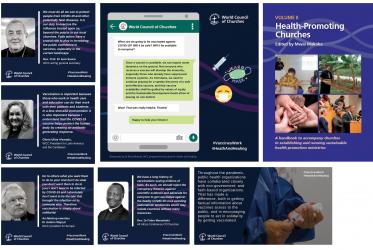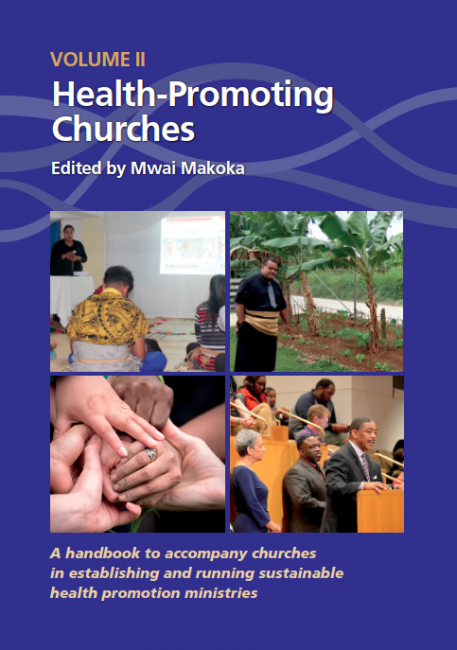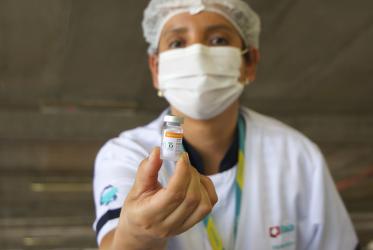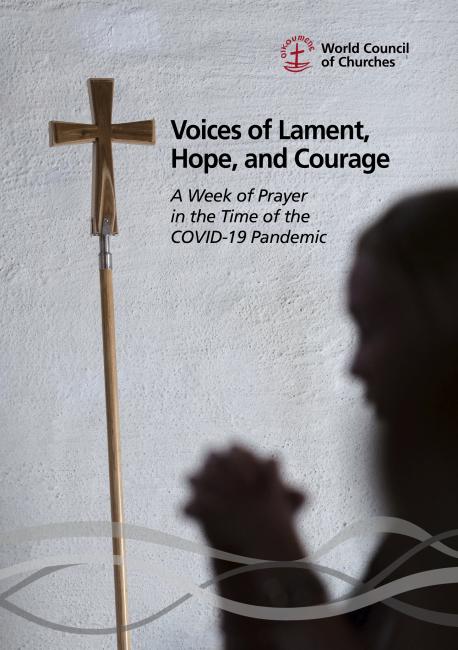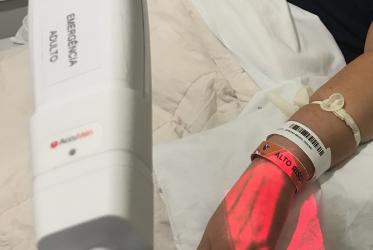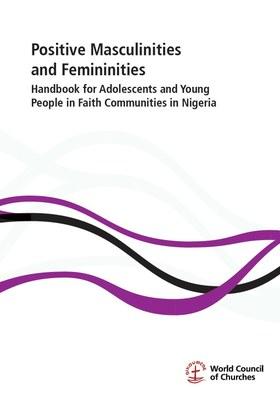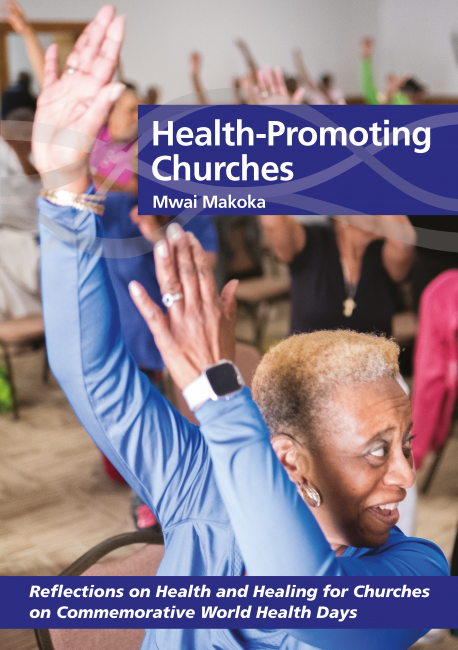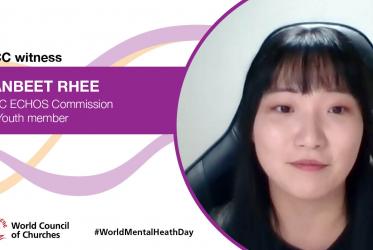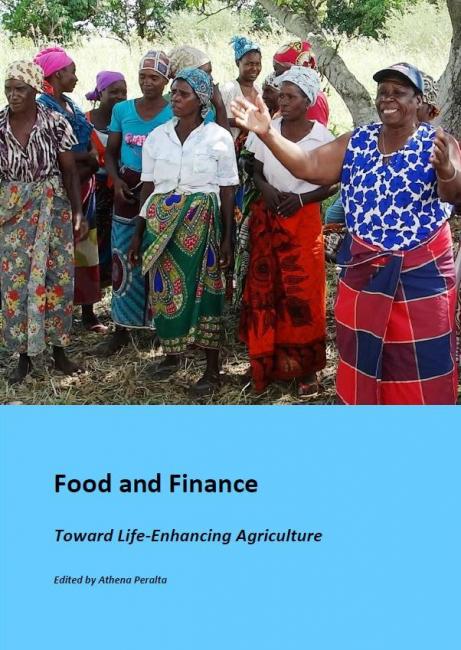Displaying 61 - 80 of 80
Health-Promoting Churches Volume II:
A handbook to accompany churches in establishing and running sustainable health promotion ministries
28 April 2021
WCC answers your questions about vaccines
26 April 2021
Vaccination hesitance poses yet another challenge
18 March 2021
Voices of Lament, Hope, and Courage
A Week of Prayer in the Time of the COVID-19 Pandemic
18 March 2021
Ecumenical Global Health COVID-19 Response Framework
12 November 2020
Positive Masculinities and Femininities
Handbook for Adolescents and Young People in Faith Communities in Nigeria
19 October 2020
Health-Promoting Churches Vol 1
Reflections on Health and Healing for Churches on Commemorative World Health Days
15 October 2020
On World Mental Health Day, “expect your colorful life”
12 October 2020
The Call of Abraham: Blessings and Testings for the Church
29 September 2020


